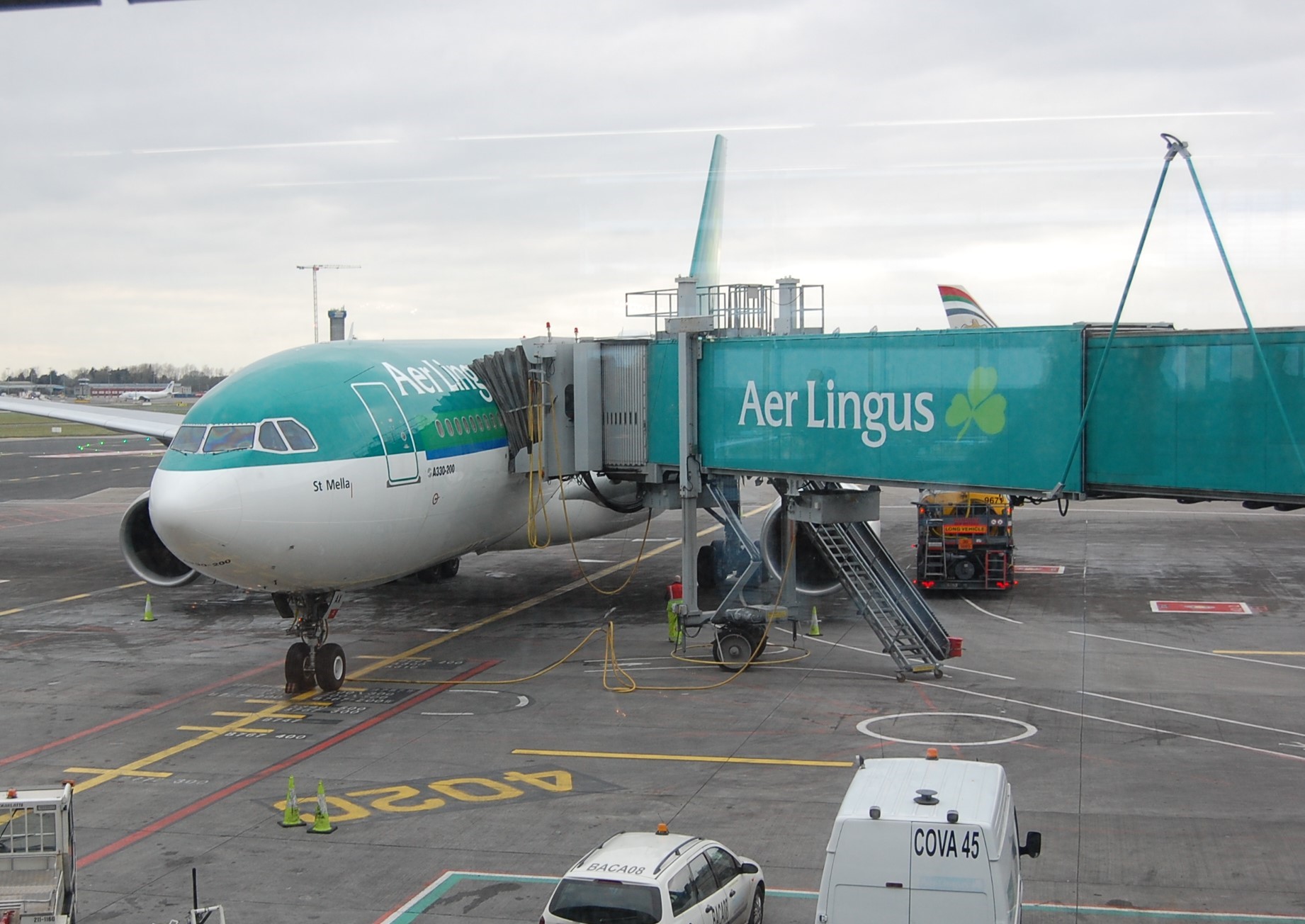
Client: Dublin Airport
Cyrrus conducted an Aeronautical Study encompassing: Instrument Flight Procedure, Technical and Physical Safeguarding Assessments, Wing-Tip Clearance and Jet Blast Assessments and a Safety Assessment to prove the viability of the proposed concept of dual Code E aircraft operations.
Challenge
To accommodate the continuing passenger growth at Dublin Airport there was a requirement to widen a taxiway environment to improve safety and accommodate Dual Code E aircraft operations. The project encompassed the South Apron and associated taxiway access.
Cyrrus was engaged by Dublin Airport to conduct an Aeronautical Study and Safety Assessment to review a solution that would enable independent wide-bodied aircraft operations along two parallel taxiways.
Solution
The Airport Operator needed to satisfy the Irish Aviation Authority (the Regulator) that the changes required to accommodate expansion plans met the regulatory requirements of the European Aviation Safety Agency (EASA). Cyrrus employed proven assessment methodology using modelling software to assess the proposals against the required criteria. This study encompassed various elements of the apron and taxiway environment to future proof operations for the Airport expansion, which includes the construction of a new northern, parallel runway.
Result
EASA surfaces were assessed against the proposed development and the results, including Collision Risk Modelling (CRM), indicated that the penetrations would not adversely affect the safety or significantly affect the regularity of operations of aeroplanes. The CRM determined that no published Instrument Approach Procedures would be affected by the presence of a Code E aircraft on the taxiway closest to the main Instrument Runway nor would any changes be required to departure procedures. The potential impact to the One-Engine Inoperative procedures was also conducted. The Aeronautical Study and Safety Assessment was conceptually accepted by the Regulator. Following tender process, Cyrrus was selected to deliver a further Aeronautical Study focussing on the construction phase. This phase of work was required to determine the civil engineering and operational restrictions to the apron and taxiways. Both studies were successfully delivered on time and within budget.